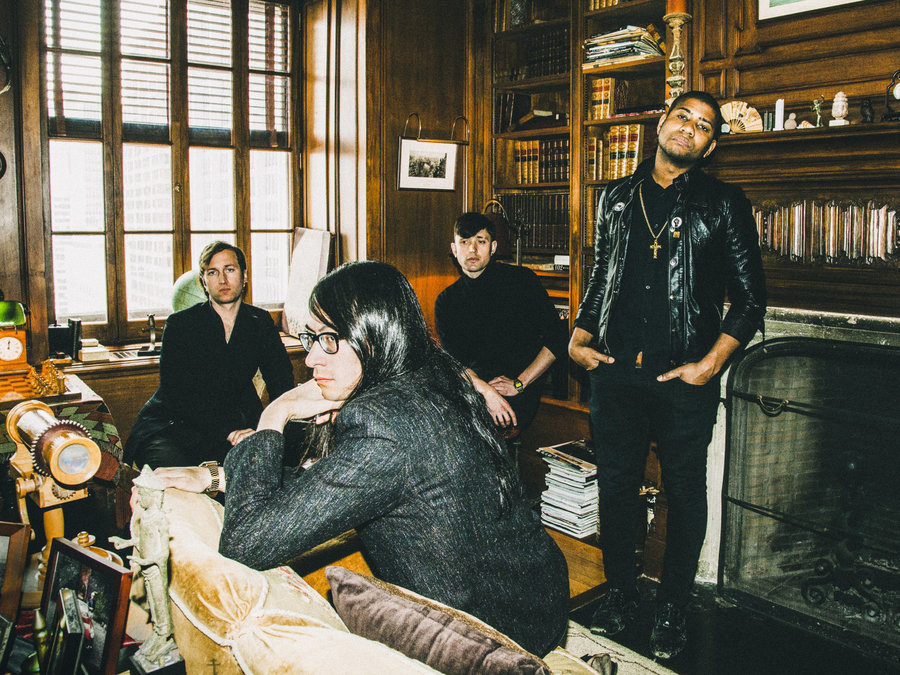In August 2018, Labour’s John McDonnell called on Twitter and then in a press release for the relaunch of the Anti-Nazi League. Citing the success of Tommy Robinson and Boris Johnson’s Islamophobic likening of Muslim women to letterboxes, the shadow chancellor said, "Maybe it’s time for an Anti-Nazi League type cultural and political campaign... The ANL pioneered highly influential cultural movements like the Rock Against Racism, which attracted tens of thousands of people of all ages to anti-racist festivals and protests.” The response was predictably partisan: the New Socialist was in favour, Dan Hodges against. Stephen Pollard, editor of the Jewish Chronicle, complained that McDonell was plotting against parliament. ‘McDonnell believes – and says so – that true democracy is on the streets. This seemingly well-meaning tweet needs to be seen in that context. In government, ‘the street’ would be a key weapon in the hard left armoury.’
Read more"Bring Back Rock Against Racism" ... But How?
There Ain’t No Black In the Union Jack by Ruth Gregory.









